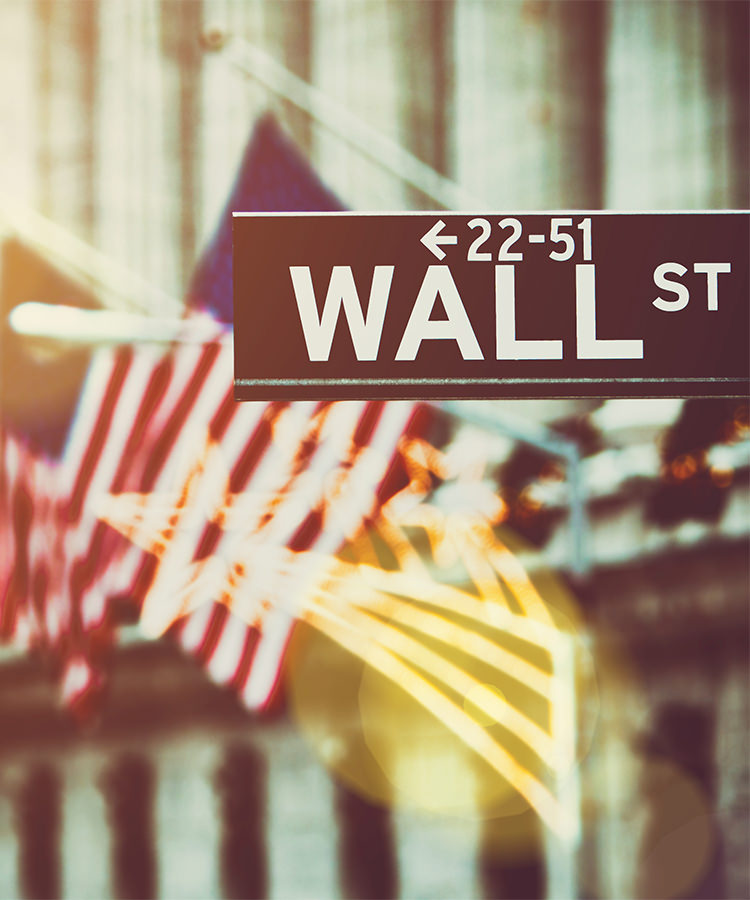Less than a week after an annual Gallup poll found that beer is the preferred alcoholic beverage for 40 percent of American drinkers, Wall Street downgraded the stock of Boston Beer Company and Constellation Brands because people aren’t drinking enough beer.
Specifically, according to CNBC, the downgrade by Goldman Sachs was because of a “shift in penetration and consumption trends as driven by a shift in preferences in the younger cohorts.” In terms that sound less like a comic book super-villain, Goldman Sachs is saying that millennials like wine and spirits more than beer compared to their parents and grandparents.
Another statistic noted by CNBC: “Nielsen panel data showed that beer penetration across the United States is 25 percent year to date versus 26 percent in 2016.” Nevertheless, Goldman Sachs’s report inspired beer-is-dead headlines in Maxim, Business Insider, the New York Post, a very excited Wine Spectator, the marijuana website Green Rush Daily — you get the point.
Gallup and Nielsen data aside, maybe it’s best to take the long view on beer stocks because, believe it or not, this isn’t the first time Wall Street firms and the press have signaled the end for beer.
Example One: Slate declares we’re in “the great American beer crisis” — in 2005.
In 2005, a Gallup poll found that wine was more popular than beer for American drinkers for the first time. Slate placed part of the blame on the fact that “Americans are becoming more yuppified and upscale” and therefore drink wine and liquor instead of beer.
A year later, craft beer sales rose 11.7 percent. (Slate stood by their 2005 statement again in 2007 with a story about beer going flat called “Beer in the Headlights.”) By 2013, Business Insider wrote a story about how the craft beer scene got so big from 2006 to 2013 that people were scared of a collapse. Now there are more breweries in the U.S. than any other time in the country’s history.
Example Two: FiveThirtyEight declares that beer is “no longer recession-proof.”
During the Great Recession, beer sales fell — a lot. Sales for plenty of goods fell, of course, but beer sales stood out enough for FiveThirtyEight’s Nate Silver to write a post about people drinking less beer possibly due to “a manifestation of Calvinist guilt over both the present failures of the economy and its prior excesses.”
It didn’t take long to see that when the economy rises, so do beer sales (again, most breweries in the country, ever). So much for Calvinist guilt.
Example Three: Marijuana is going to kill beer sales. Or not.
Time, Forbes, CNBC, Business Insider, and others have been writing since December that legal marijuana is going to kill the beer industry. The proof is that beer sales have decreased and cannabis sales have increased.
As the Motley Fool notes, though, this is just cherry picking and saying correlation equals causation. “At a time when the beer industry as a whole is trending down,” the investing publication writes, “pinpointing one factor and saying it is the reason seems to be a stretch.”
The bottom line is that trends come and go. Having a collective freakout about a beer-buying slowdown is simply shortsighted. The fact that beer — craft beer in particular — can’t sustain unprecedented growth forever doesn’t mean that beer is going to disappear. It just means that it’s a normal consumer product that got a lot of hype. Beer isn’t dead or dying. There’s never been a better time to be a beer drinker and millennials aren’t abandoning beer. Trust your taste buds.
Brooklyn Brewery is taking over the world by stretching its employees
Brooklyn Brewery is already an overseas powerhouse with a huge Japanese market (and with 24.5 percent Japanese ownership) and a partnership with European brewing giant Carlsberg. Now they’re teaming up with craft brewers to take over somewhere a little closer: the West Coast of the U.S.
Brooklyn Brewery recently announced that it’ll collaborate with 21st Amendment in California and Funkwerks in Colorado for “an innovative new shared platform for sales and distribution nationwide.”
The sales forces will work together to sell beer. But as the Chicago Tribune’s beer columnist Josh Noel noted on Twitter, this means that Brooklyn Brewery will have salespeople “selling the brands they have little or no knowledge of/passion for.”
At the moment Brooklyn Brewery seems to be an unstoppable force. And why shouldn’t it be? The brewers make delicious beer. Perhaps they can get away with stretching their sales force.
Chick-fil-A beer is finally here, but it doesn’t taste like chicken
Evil Twin Brewing and The Veil Brewing Co. teamed up to make a beer called Fried Fried Chicken Chicken, but it doesn’t taste like chicken.
The brewers threw a bunch of chicken into the mash as the IPA was made. An Instagram story by The Veil caught the process in all its glory. But according to Beer Street Journal, it doesn’t taste anything like fried chicken and “dropping some chicken into the beer just seemed like a fun thing to do.”
I still want it.
